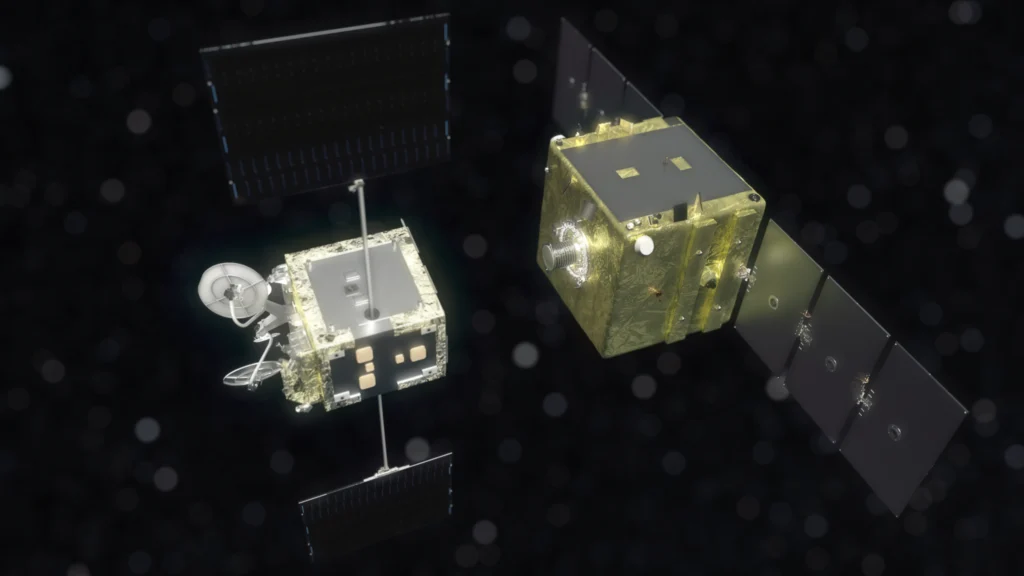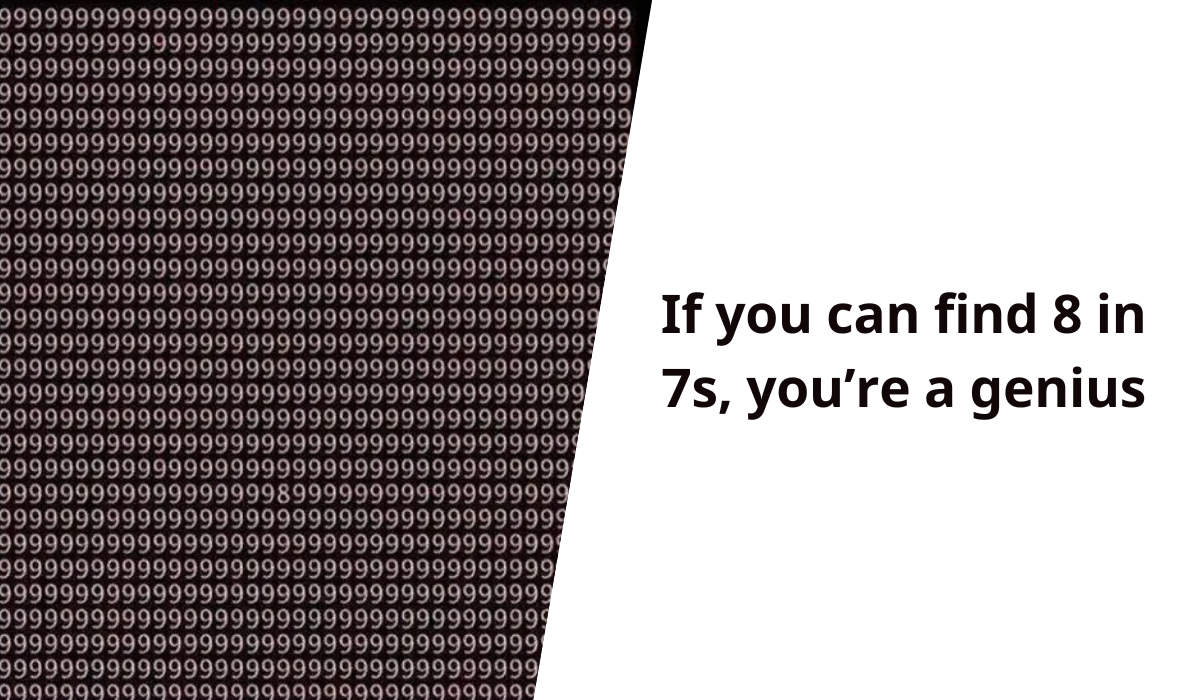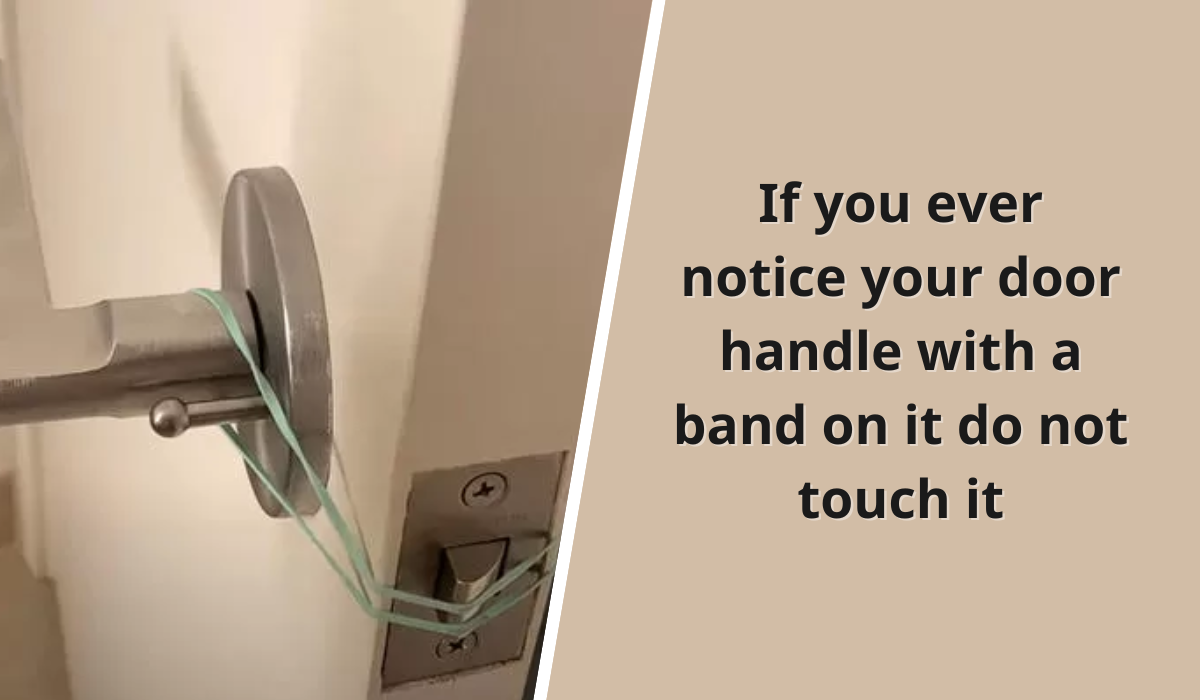TAMPA, Fla. — Astroscale has successfully obtained the final tranche of government funding necessary for its 2026 demonstration mission aimed at de-orbiting a defunct OneWeb broadband satellite from low Earth orbit (LEO). The Japanese space company announced on July 22 that its British subsidiary has secured approximately $15 million from the UK Space Agency and the European Space Agency. This funding will support the fourth and final phase of the End of Life Services by Astroscale-Multiple (ELSA-M) mission.

Phase Four Details
Phase four involves the assembly, integration, and testing of an ELSA-M flight model equipped with a capture mechanism designed to interact with the magnetic docking plates on most of OneWeb’s over 600 satellites in LEO. This funding will also cover the mission’s launch, in-orbit commissioning, and operations necessary to capture and de-orbit the satellite. The operations will be managed from Astroscale’s facility in Harwell, England.
Background and Delays
This latest round of funding builds upon an earlier investment of approximately 18 million euros ($20 million) that was allocated to the initial phases of the ELSA-M mission. These initial phases included essential activities such as preliminary development, design, and testing, which laid the groundwork for the final stage of the project. The demonstration mission, initially scheduled for launch this year, faced unexpected delays. These delays were primarily due to the recent acquisition of OneWeb by the French fleet operator Eutelsat.
The acquisition led to a significant restructuring of OneWeb’s operational priorities. Consequently, this required the negotiation of a new contract with the European Space Agency (ESA) to advance the mission in collaboration with Astroscale. The complexities of coordinating between multiple stakeholders, including OneWeb and the ESA, contributed to the postponement of the mission’s timeline.
Mission Objectives
Astroscale UK Managing Director Nick Shave outlined that the primary objective of the ELSA-M mission is to target and remove a defunct OneWeb satellite currently orbiting Earth. This satellite, which is no longer in operational use, represents a notable piece of space debris that poses potential risks to other active satellites and space operations.
The ELSA-M servicer is equipped with advanced technology designed to capture and de-orbit multiple satellites in a single mission. This capability enhances the efficiency and effectiveness of the mission. After completing its primary task, the servicer itself will be intentionally deorbited within five years. This measure is crucial to prevent it from contributing to the existing problem of space debris.
The ELSA-M servicer is engineered to handle spacecraft weighing up to 800 kilograms. This is approximately four times larger than a typical OneWeb satellite, which weighs around 150 kilograms. The mission’s ambitious scope and advanced engineering highlight the significant challenges involved in addressing the growing issue of space debris.
Ongoing and Future Projects
In parallel with the ELSA-M mission, Astroscale is actively advancing its ADRAS-J mission, which focuses on inspecting and managing a Japanese upper stage currently in low Earth orbit (LEO). This mission, which is crucial for understanding and mitigating space debris, has encountered a significant challenge: an attitude anomaly. This anomaly has affected the spacecraft’s orientation and stability, potentially impacting its ability to conduct precise inspections. Despite this setback, the ADRAS-J team remains committed to overcoming the technical difficulties and continuing the mission’s objectives. The successful completion of this mission is vital for demonstrating Astroscale’s capabilities in active debris removal and management.
Looking ahead, the UK Space Agency is in the process of making a critical decision regarding the selection of a contractor for a high-profile mission slated for 2026. This mission aims to address the issue of space debris by removing two derelict satellites using a single servicer. The UK Space Agency is evaluating proposals from two prominent competitors: Astroscale and the Swiss-based company ClearSpace. Both companies have completed comprehensive system requirement reviews over the past year, showcasing their respective technologies and approaches to the challenge.
The decision on which company will be chosen for the mission is anticipated to have significant implications for the future of space debris management. The selection process involves rigorous assessments of each company’s technical capabilities, mission plans, and overall effectiveness in removing space debris. This mission represents a critical step towards ensuring the long-term sustainability of space operations by addressing the growing problem of space junk.
Stock Market Update
Astroscale’s stock has seen a gradual decline to around 710 yen ($4.52), following an initial surge of over 61% on its first day of trading on the Tokyo Stock Exchange on June 5, when it reached 1,375 yen ($5.46).








